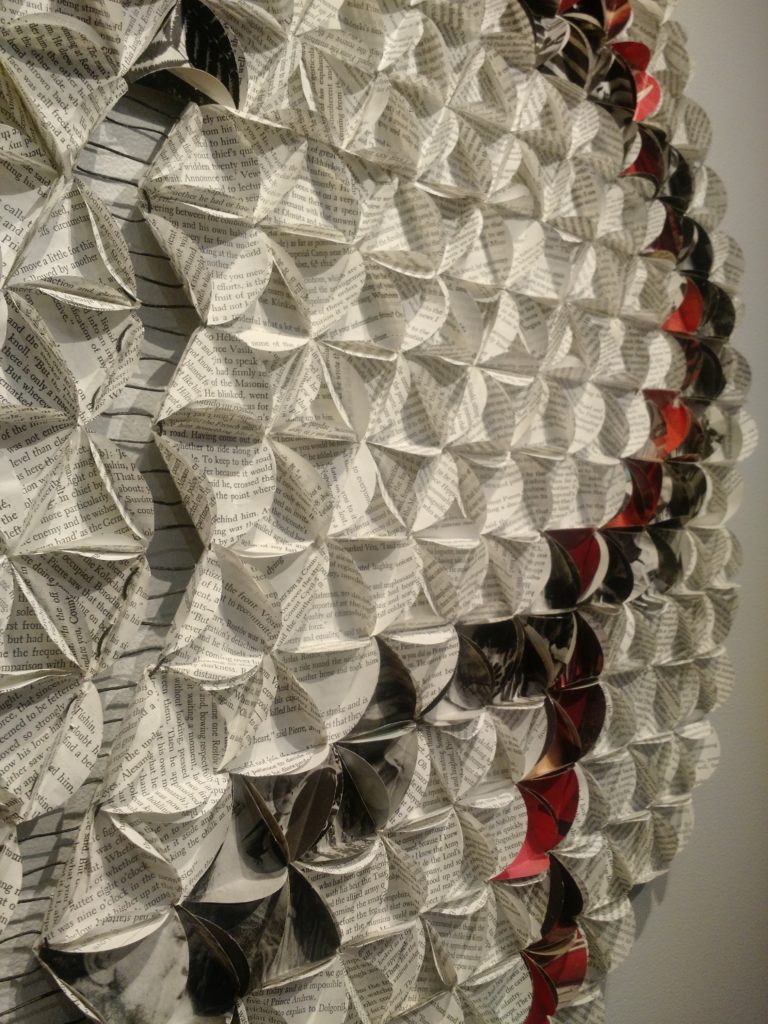Resources for Summer Poetry Writing (and Beyond!)

I think I speak for all involved with the Kingsley & Kate Tufts Poetry Awards at CGU when I say that recognizing great contemporary poetry is really half our battle. The other half is encouraging budding poets and fostering their talent. To that end, this post will briefly outline some resources for poets—truly, resources that can be utilized by budding poets and seasoned veterans alike.
First up is a remarkable collection of resources over at The Poetry Foundation’s online webpage. There are far too many resources listed in this collection to discuss at any length, but the biggest strength of this collection is the way in which the curated resources are organized. The resources are indexed into relevant categories including: general collections of/resources for poetry, online educational courses in poetry, resources for teachers either teaching the writing of poetry or teaching lessons incorporating poetry, audiovisual archives, and sites which contain information about various poetry festivals and organizations. Essentially The Poetry Foundation’s collection of poetry resources has something for everyone—regardless of what stage of familiarity one has with poetry, or what project one is involved in and to what extent.
Another fantastic collection of resources is housed on Poets.org, and is focused more on budding poets and those completely new to the form of poetry. Amongst the helpful and abundant resources contained in this collection are: Edward Hirsch’s guide to reading poetry, a glossary of poetry terms, an overview of poetry techniques and forms, a primer on historical schools and movements of poetry, and reading guides and book recommendations.
I would like to close with some resources by which poets can get paid for their work (aside from the obvious awards granted by the society of the very blog you are currently reading). Because, after all, poets have to eat too—and what more satisfying means to sustenance than through owning your craft? First up is The Sun, which will pay $100-200 for poetry submissions (and upwards of $2000 for essays, if you are interested in that sort of thing). VQR will pay $200 per poem, and $1000 for a suite of 5 poems. Three Penny Review will pay $200 per poem submission. There is also an annual poetry contest put on by The Boston Review worth mentioning, as the grand prize is $1500. There are many more contests and various webpages that one can utilize to earn money for poetry; Poets & Writers has a great list, as does Entropy magazine. Most do not pay as handsomely as the ones aforementioned, however, but if one is writing prodigiously money earned can quickly add up.
In addition to more traditional means of submitting works of poetry, one can also sell poetry writing services on entrepreneurial sites such as Fiverr, peruse job postings on boards such as Craigslist, or even print your poetry and handmade goods and sell them on marketplaces such as Etsy (check out these Etsy offerings by thepoetrystorepoet and PaperPine Tree). Options for monetizing your poetry may seem dizzying at first, but that is a good thing. Thanks to the internet, combining a little creativity with research into the vast array of poetry resources out there help ensure your craft is honed to the fullest extent possible, and that you get paid for it along the way.
—Michael Kemp
Share